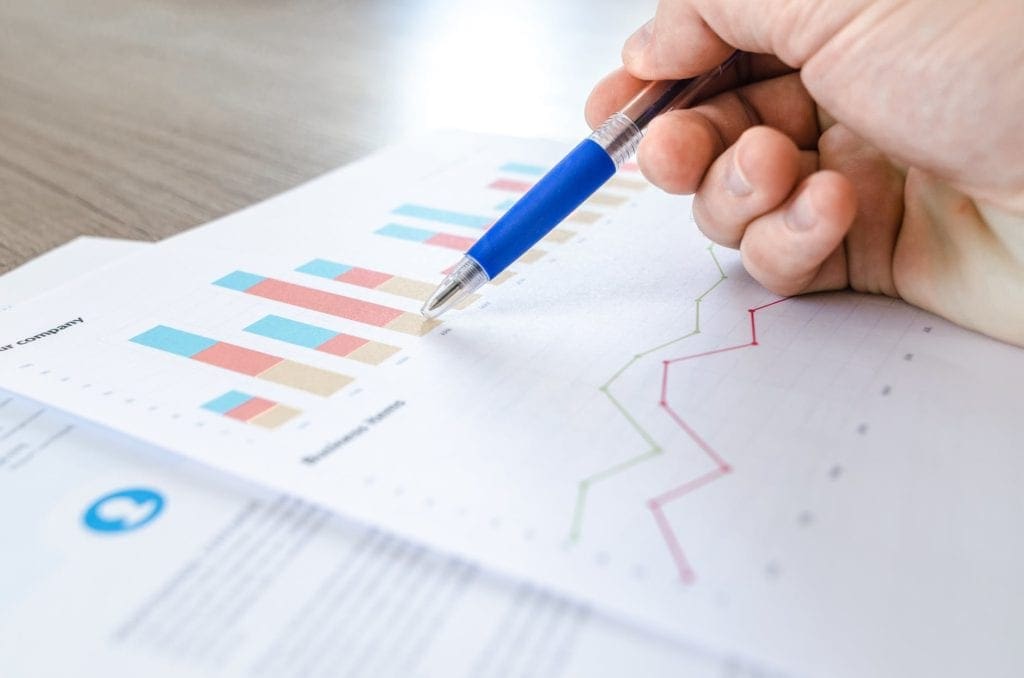Last month, South Korea’s finance ministry announced that it has identified 10 industrial sectors that it wants to see privatization take place in. Among the sectors included in the reforms are artificial intelligence, biotechnology, e-commerce, fintech, new medical technologies, and tourism. The main purpose of the reforms is to develop services and technology with fewer regulatory constraints. Under these proposals, companies in the aforementioned sectors will be allowed to operate more freely.

South Korea has been a regional leader in terms of economic development and one of the most high profile economic miracles of the past 50 years. It is currently ranked as the 29th most economically free country in the world. It joins the other Asian Tigers — Taiwan, Singapore, and Hong Kong, as an economic juggernaut in the region.
South Korea still has work to do in regards to labor freedom and government integrity, but it’s light years ahead of its neighbor North Korea. This is quite possibly the starkest country A versus country B comparison you will find out there. South Korea is a paragon of modernity and social cohesion. On the other hand, North Korea is a communist garrison state whose people and even soldiers are starving to death, thanks to the collectivist reforms set in place by the nation’s first leader Kim Il-sung and his successors, Kim Jong-il and Kim Jong-un.
Even China, a country that transitioned from Maoist authoritarianism to a more rational economic approach under reformist leader Deng Xiaoping, still lags behind South Korea on development indicators. Not coincidentally, China is ranked in a sub-par 100th place in the Heritage Foundation’s Index of Economic Freedom.
This success story did not happen overnight. South Korea was one of Asia’s most destitute countries beginning in the 1950s. In fact, its standard of living was comparable to many underdeveloped nations in Africa at the time — per capita income stood at less than $100 in South Korea. However, this did not discourage South Korean leaders. Instead of buying into Keynesian or radically redistributionist dogmas, the country opted for a middle-of-the-road approach that was relatively business friendly, promoted high savings, and protected property rights. The second factor —savings — is one of the pillars of a modern economy and how civilizations are able to perpetuate themselves.
It’s only fitting that South Korean leaders take these logical next steps and continue to liberate South Korea’s economy so that the country can reach its full potential.

























